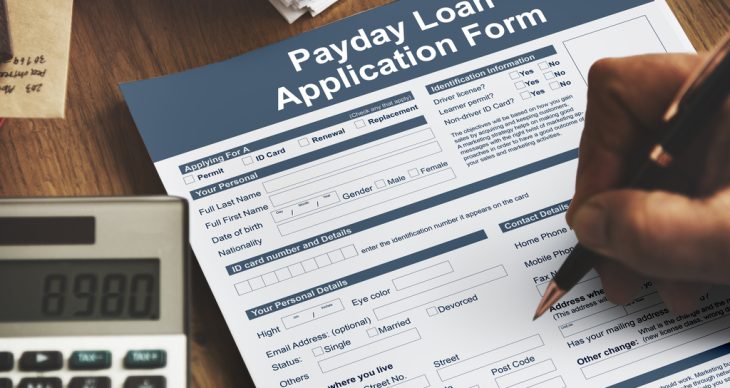Also known as cash advance loans, short-term loans, small-dollar loans, payroll loans, salary loans, or payday advances, a payday loan is a short-term, small unsecured loan with a high rate of interest.
Payday loans can help you cover your immediate cash needs until you get your next paycheck. However, these high-cost loans usually charge an annual percentage rate in the triple digits. The average interest rate is 391 percent. And worse, the interest rate may go up if you do not pay on time.
Typically, repayment in full is due on your next payday, or within two weeks. Payday loans can be hard to repay and could end up making your financial situation much worse if you are not careful.
Borrowers can usually receive $50 to $1,000 with a payday loan. The borrower will get the loan in one lump cash sum. The term “payday” refers to the day when borrowers write a postdated check to the lenders.
There are some alternatives you may consider before you settle on a payday loan. Here are examples:
- Check with a bank or a credit union. You may be able to get a short-term loan for a small amount of money.
- Be sure to shop around for a loan with the lowest annual percentage rate (APR).
- Come up with a budget. This will help you to avoid having to get a payday loan or take on future payday loans.
Pros: Comes in handy for emergency cash when there are no other options.
Cons: Payday loans usually have high interest rates.
By Admin –




